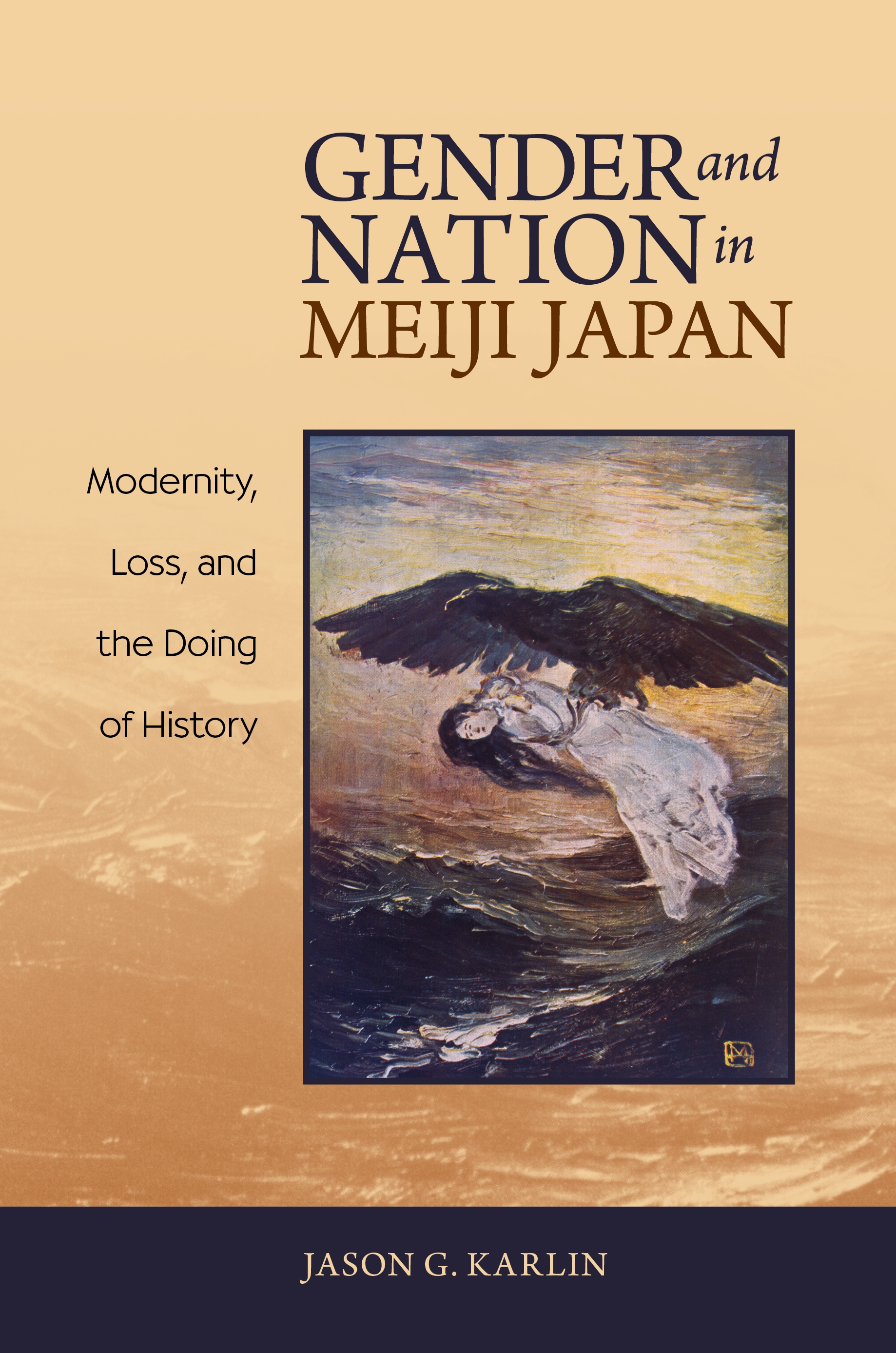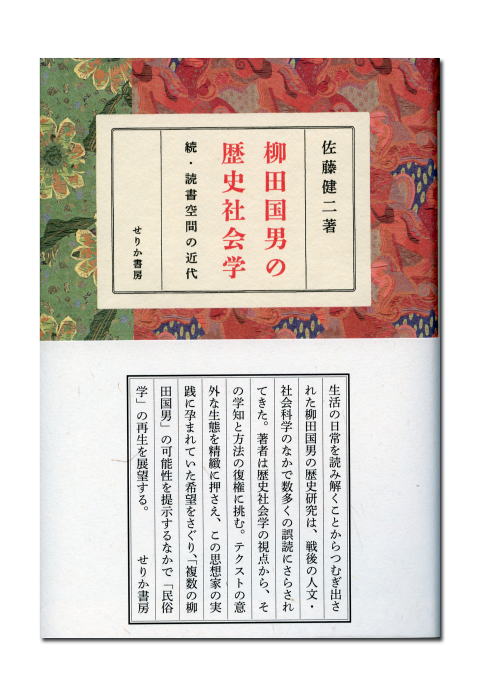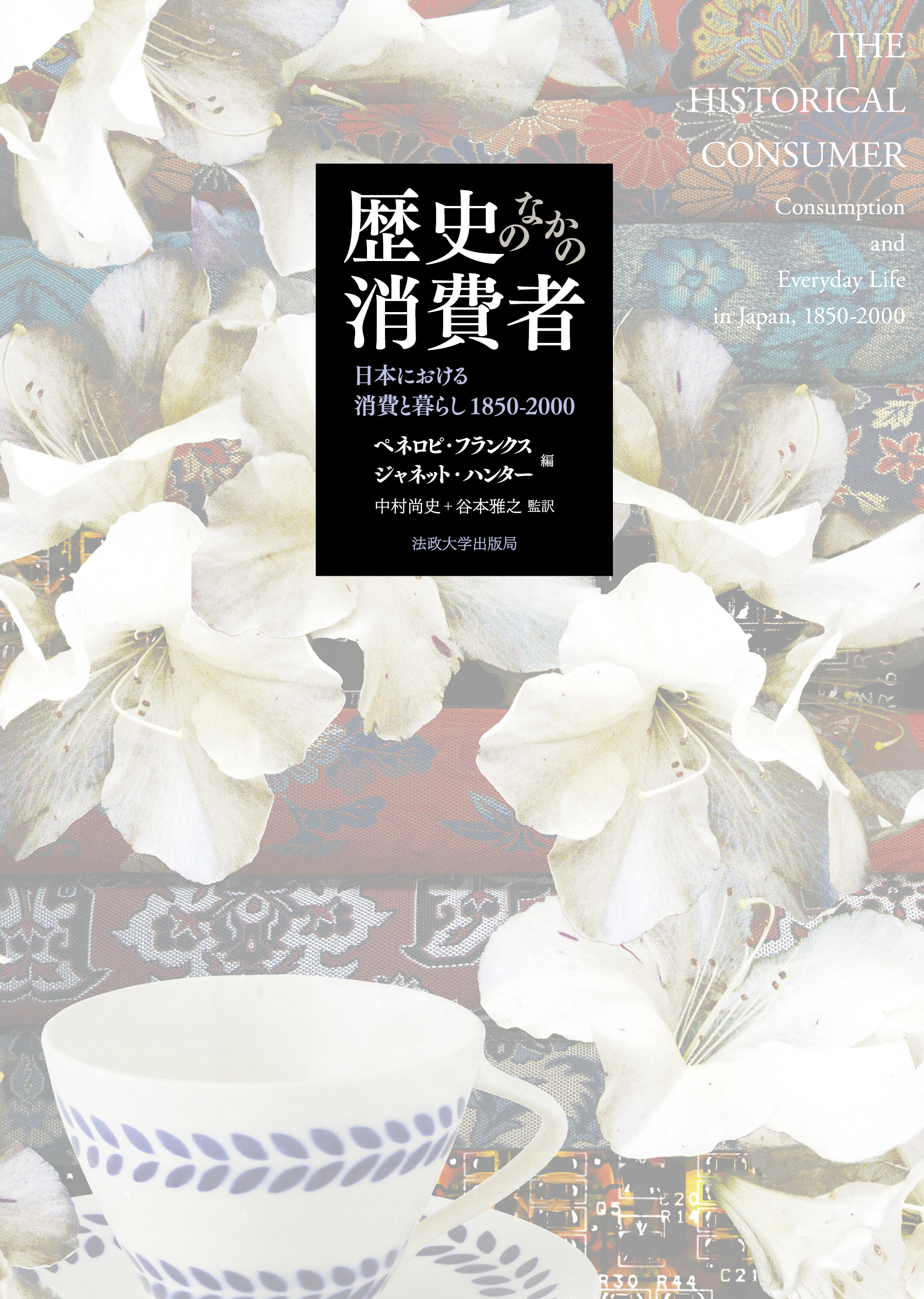
Title
Gender and Nation in Meiji Japan Modernity, Loss, and the Doing of History
Size
328 pages, 6x9 inch
Language
English
Released
April 30, 2014
ISBN
978-0-8248-3826-3
Published by
University of Hawaii Press
Book Info
See Book Availability at Library
Japanese Page
Gender and Nation in Meiji Japan is an historical analysis of the discourses of nostalgia in late nineteenth and early twentieth century Japan. Through an analysis of the experience of rapid social change in Japan’s modernization, it argues that fads (ryūkō) and the desires they express are central to understanding Japanese modernity, conceptions of gender, and discourses of nationalism. In doing so, the author uncovers the myth of eternal return that lurks below the surface of Japanese history as an expression of the desire to find meaning amid the chaos and alienation of modern times. The Meiji period (1868-1912) was one of rapid change that hastened the process of forgetting: the state’s aggressive program of modernization required the repression of history and memory. However, repression produced new forms of desire seeking a return to the past, with the result that competing or alternative conceptions of the nation haunted the history of modern Japan. Rooted in the belief that the nation was a natural and organic entity that predated the rational, modern state, such conceptions often were responses to modernity that envisioned the nation in opposition to the modern state. What these visions of the nation shared was the ironic desire to overcome the modern condition by seeking the timeless past. While the condition of their repression was often linked to the modernizing policies of the Meiji state, the means for imagining the nation in opposition to the state required the construction of new symbols that claimed the authority of history and appealed to a rearticulated tradition. Through the idiom of gender and nation, new reified representations of continuity, timelessness and history were fashioned to compensate for the unmooring of inherited practices from the shared locales of everyday life.
This book examines the intellectual, social and cultural factors that contributed to the rapid spread of Western tastes and styles, along with the backlash against Westernization that was expressed as a longing for the past. By focusing on the expressions of these desires in popular culture and media texts, it reveals how the conflation of mother, countryside, everyday life, and history structured representations to naturalize ideologies of gender and nationalism.
(Written by Jason G. Karlin, Associate Professor, Interfaculty Initiative in Information Studies / 2017)
Table of Contents
Chapter 1: Competing Masculinities in Meiji Japan
Clothes Make the Man
Caricaturing the State
The Vice of Frivolity and Extravagance
Authenticating Masculinity
Neckties and High Collars
Barbarism, Adventure, and Imperialism
Fashioning Civilization
Chapter 2: The Mythos of Masculinization: Narratives of Heroism and Historical Identity
The Hero as the Agent of Order
Adventure Novels, Heroes, and Imperialism
Torture the Women!
From Boys to Men
Oshikawa Shunrō and the Creation of Hypermasculine Heroes
Iconic Heroes in History
Nationalism, Vigilante Justice, and the Politics of Direct Action
Chapter 3: The Aestheticization of Everyday Life: Inventing the Modern Memory of Edo
The Measure of Loyalty
The Memory of Righteous Resistance and the Ghosts of Edo
Kobayashi Kiyochika in the Autumn of Edo
Narrating the History of Edo
The Tricentennial Celebration of Edo
History amid the Ruins
The Genroku Boom and the Commercialization of Edo
The Eroticization of the Past
The Culture of Everyday Life
Chapter 4: The Lure of the Modern: Imagining the Temporal Spaces of City and Countryside
Mass Culture, Moral Panic, and Nostalgia
The Rural Exodus
Degenerate Schoolgirls and the Awakening of Female Desire
The Monstrous City
The Light of the Home
Yanagita Kunio, Fads, and the Homogenization of Tastes
Conclusion: Oedipus in Chains: Eternal Return and the Memory of the Epic Past



 Find a book
Find a book



